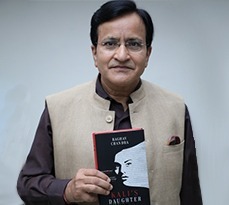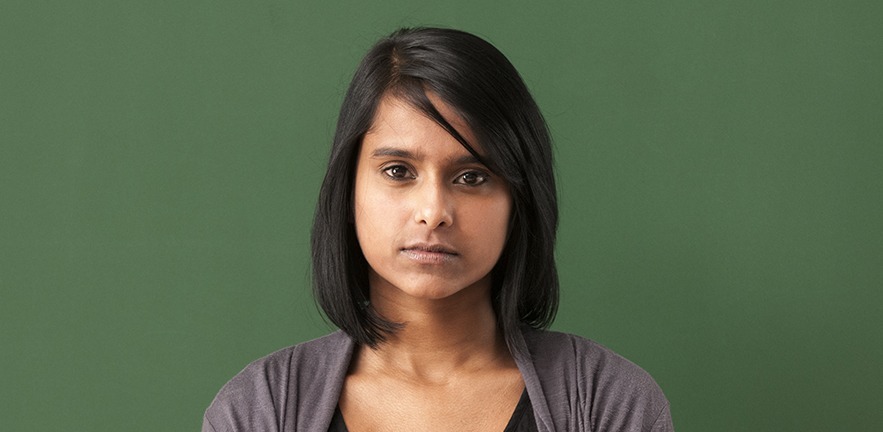
Raghav Chandra, an alumnus of Executive Education (2013) at Cambridge Judge Business School, has published a novel, Kali’s Daughter, that looks at discrimination toward women in India through an urban professional rather than rural perspective.
The book focuses on a lower middle-class Dalit girl who goes beyond the aspiration of her parents and qualifies for the elite Foreign Service as a diplomat, but encounters subtle attempts to deride her from suspicious high-caste colleagues.
“The prejudice and discrimination experienced by women in India has been written about extensively, but it has largely had a rural setting and has focused on their extreme economic deprivation and physical exploitation,” while the book published by Pan Macmillan India is “about pain that is more abstract”, Raghav says.
Raghav grew up in Lucknow in India as the seventh child in a large middle-class family with four older sisters. Though the family lived in the city and was reasonably well-off, he witnessed the “travesties of our societal orthodoxy” in which women’s choices were limited and they faced traditions such as arranged marriages. “As I progressed in life, I realised that even after 50 years, the mindset hasn’t really changed all that much – and that there was a story that needed to be told,” he says.
Raghav was a civil servant in India, working in various public management positions, and he observed how “working women have to face the additional challenge of dealing with inadequate public transport, having to manage joint families and elderly in-laws, and harassment in workplaces”.
In the novel, which is set in such locations as Mussoorie, New Delhi, Geneva and Barcelona, central character Deepika Thakur maintains her demeanour and poise despite the attempts to undermine her, and eventually others come around to respect her for what she is. But Raghav says such narratives for women in India are too few and far between.
“We have had a woman prime minister, and a powerful and even popular one at that in Indira Gandhi. There have been women chief ministers. Women have reached top positions in the civil services, and there are successful women CEOs and top executives of companies. But there are large swaths of women who still cannot step out of their house or mix around openly without feeling despised.”


